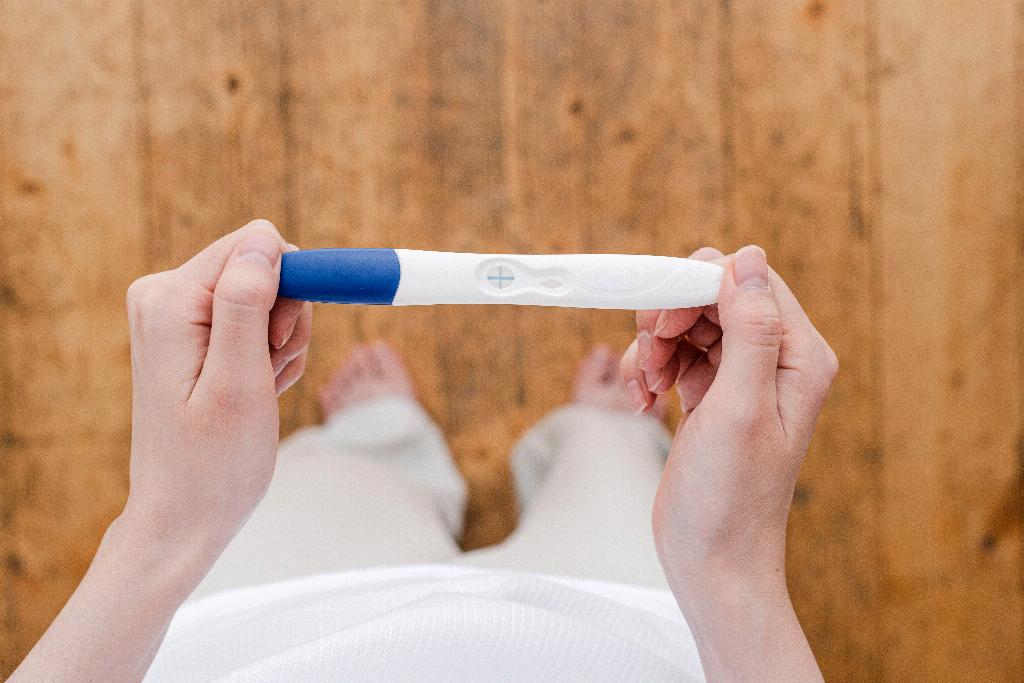One of the common concerns among pregnant individuals is the presence of morning sickness and its potential implications for the health of the pregnancy. Morning sickness, characterized by nausea and vomiting during the early stages of pregnancy, is often viewed as a sign of a healthy pregnancy. However, the relationship between morning sickness and the risk of miscarriage is not as straightforward as it may seem.
The Dynamics of Morning Sickness
It’s essential to recognize that morning sickness is a natural part of pregnancy for many individuals, caused by hormonal changes and other factors associated with the development of the fetus. While it can be a challenging experience, especially in the first trimester, it is often considered a reassuring sign that the pregnancy is progressing as expected.
Varied Experiences of Morning Sickness
It’s crucial to acknowledge that the severity and duration of morning sickness can vary significantly among pregnant individuals. Some may experience mild symptoms that alleviate after the first trimester, while others may have more intense and persistent nausea and vomiting throughout their pregnancy.
The Myth of Morning Sickness as a Guarantee
While it’s a common belief that experiencing morning sickness is a guarantee of a healthy pregnancy, it’s essential to dispel this myth. The presence or absence of morning sickness is not a definitive indicator of the viability of a pregnancy. Many individuals who miscarry may have experienced morning sickness prior to the loss.
Factors Influencing Pregnancy Outcomes
Several factors can influence the likelihood of pregnancy loss, including genetic abnormalities, chromosomal issues, underlying health conditions, and environmental factors. While morning sickness may be a reassuring sign for some, it does not provide immunity against the risk of miscarriage.
The Emotional Impact of Morning Sickness
For individuals who have experienced a miscarriage despite having morning sickness, the emotional toll can be profound. It’s essential to recognize that feelings of guilt or self-blame are unwarranted, as miscarriages are often beyond one’s control and not caused by the presence or absence of morning sickness.
Coping with Pregnancy Loss
Coping with the loss of a pregnancy can be a challenging and emotionally draining experience. It’s important for individuals to seek support from loved ones, healthcare providers, or counseling services to navigate the grief and pain associated with miscarriage. Remember, you are not alone in this journey.
Seeking Professional Guidance
If you have experienced a miscarriage or are concerned about the potential risk of pregnancy loss, it’s crucial to consult with your healthcare provider. They can offer guidance, support, and medical advice tailored to your specific situation, ensuring that you receive the care you need during this difficult time.
Embracing Hope and Resilience
Despite the challenges and uncertainties that may arise during pregnancy, it’s essential to hold onto hope and resilience. Each individual’s journey is unique, and while the experience of miscarriage can be devastating, it does not define your future reproductive outcomes. Stay strong and believe in the possibility of a healthy pregnancy in the future.
Supporting Others in Their Journey
If you know someone who has experienced a miscarriage, offer them your compassion, empathy, and support. Listen to their feelings, validate their emotions, and be a source of comfort during this difficult time. Your presence and understanding can make a world of difference in their healing process.
Conclusion
In conclusion, the presence of morning sickness does not guarantee a successful pregnancy, nor does its absence indicate an increased risk of miscarriage. While morning sickness can be a reassuring sign for many individuals, it’s essential to recognize that pregnancy outcomes are influenced by a myriad of factors beyond the symptoms of nausea and vomiting. Remember to prioritize self-care, seek support when needed, and remain hopeful for the future.

